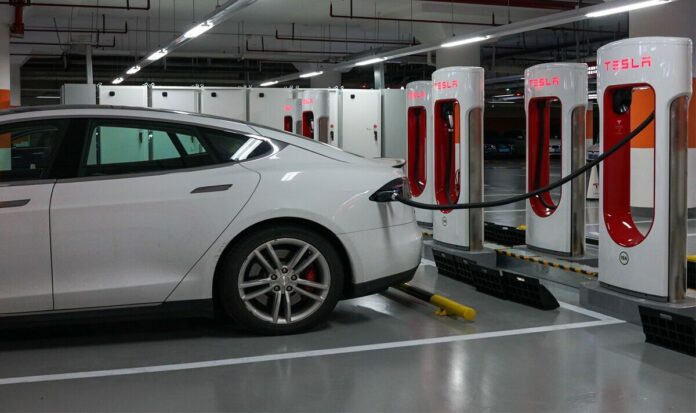With the Government banning the sale of new petrol and diesel cars from 2030, motorists are going to have to make a decision of when to move to an electric car. More than one in five agree with the 2030 deadline, but 13 percent think it should be sooner and 22 percent think it should be later.More than one in three don’t agree with the ban at all, despite the Government calling it a ‘historic step’ towards net zero.As of the end of September 2022 there were more than 570,000 battery-electric cars.Last year saw the biggest annual increase in number of registrations, with more than 395,000 battery-electric cars registered, showing a growth of 92 percent in 2020.Professor Peter Wells, Director of the Centre for Automotive Industry Research at Cardiff University, cleared the air with some of the most common and popular EV myths.READ MORE: Drivers threaten to boycott Tesco over new 28p car charge Electric car myths have been debunked by experts. (Image: Getty) The experts debunked myths relating to EV range. (Image: Getty)Research has shown that 71 percent of drivers are concerned about travelling longer distances when it comes to making the switch to an EV.While it is true that EVs have a slightly lower range when fully charged, compared to petrol cars, Professor Wells said the latest mid-price EVs have around 200 miles on one full charge.He added: ‘Bearing in mind the average car travels around 28 miles per day for the first three years, so this is more than enough for most drivers. Long distances are also increasingly easy to manage as the charge point infrastructure is improving rapidly in coverage, availability, reliability, and speed of operation.’ DON’T MISSDrivers warned of spider invasion which could lead to £2,500 fines [SHOCKING]British drivers slam E10 while desperately searching for E5 [INSIGHT]UK motorists warned of driving law changes in November [WARNING] UK new car registrations by type. (Image: Express)Admiral’s research found a quarter of drivers believe charging an EV could cause explosions or fires. However, when put to Professor Wells, he confirmed: ‘It is a myth that charging an EV can cause explosions or fires. ‘Yes, there has been the occasional incident, however major studies have concluded that the risk of fire from EV charging is comparable or lower than the risk of fire when putting petrol in a car.’


